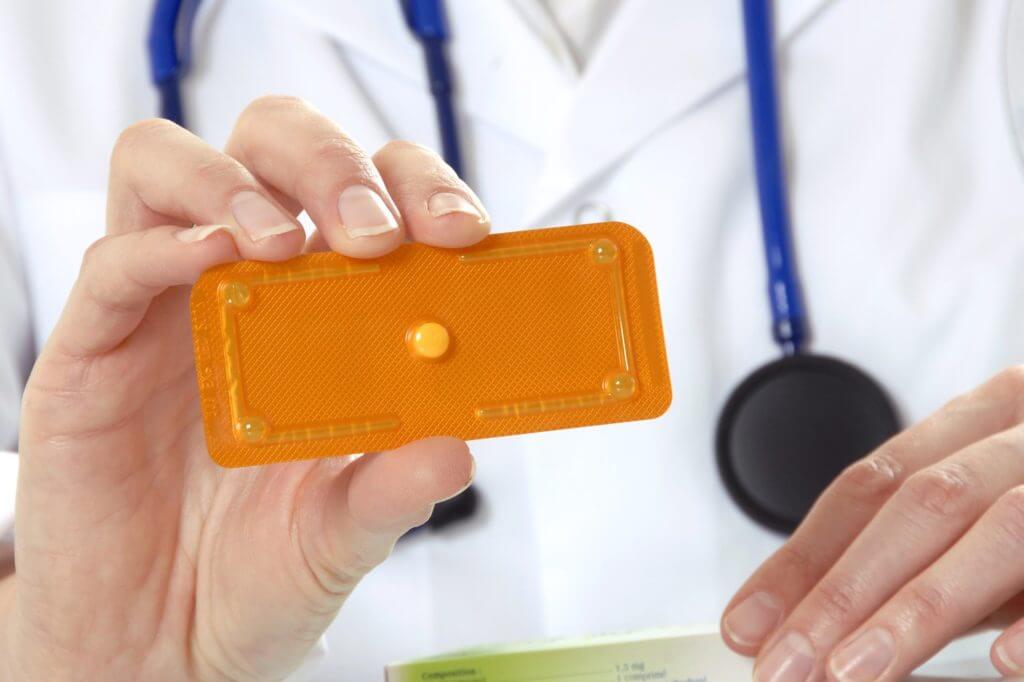Does Nexplanon Implant Cause Birth Defects?

There is a huge number of facts and myths around the topic of implants, especially contraceptive ones. While some people say that it is absolutely safe to install contraceptive implants, others claim that it might cause a whole bunch of problems, including postpartum breast infection, problematic pregnancy, and birth defects of the future baby after it is born.
So, what is actually the truth? Are contraceptive implants absolutely harmless or can they lead to serious health complications? Let’s figure it out on the example of Nexplanon, one of the most popular contraceptive implants these days.
P.S. In case you are in search of a trustworthy reseller of high-quality contraceptive implants (including Nexplanon), check out Alvamedic and benefit from a fair price and fast delivery.
About Implants From A to Z
Before delving into the discussion of Nexplanon’s safety, it is essential to figure out what are implants and what are their main types. So, let’s have a short overview of the general notion of implants.
Implants are the medical devices or tissues that are placed either inside the body or on its surface. Depending on such factors as the functions they perform, implants might be divided into:
- Implants that replace missing parts of the body (they are often referred to as “prosthetics implants”);
- Implants that monitor functions of the body (like physiological monitoring sensors to control blood glucose levels, for example);
- Implants that deliver medical preparations and support the work of organs (it is done by implantable drug delivery devices);
- Implants that enhance the general beauty (as, for example, breast augmentation implants);
- Implants that prevent pregnancy (Nexplanon is one of the prime examples of these implants’ types);
- Etc.
Moreover, implants might be made of different natural and artificial materials. For instance, you might come across the ones that are made of:
- Skin;
- Bone;
- Body tissue;
Or:
- Plastic;
- Ceramic;
- Metal.
On top of that, implants might be either permanent or removable. So, an implant might remain with you forever or be taken out once no longer needed.
All You Need to Know About Nexplanon
Since Nexplanon is the main implant that is going to be discussed in this article, let us go through its definition and main features. This way, we will figure out whether the usage of Nexplanon is absolutely safe or might lead to any birth defects.
What Is Nexplanon?
Nexplanon is a contraceptive implant that is used for birth control. It is a tiny plastic rod that releases a small amount of etonogestrel hormone into your blood. This way, it makes the viscosity of your cervical mucus resistant to sperm cells and minimizes the possibility of getting pregnant in women with implants.
Below, you will find the list of main Nexplanon’s peculiarities:
- This type of implant has a 1 to 1000 efficiency rate. In other words, about one woman out of one thousand might become pregnant while having Nexplanon implanted;
- Under normal circumstances, your fertility will return to you within 3 to 4 weeks after the implant is removed;
- Nexplanon has to be implanted under the skin of your upper arm’s inner side;
- The maximum time period for which you might implant Nexplanon is three years.
So, Nexplanon belongs to the category of plastic, hormonal, and removable contraceptive implants and is efficient in preventing unwanted pregnancy.
A safety note: Please keep in mind that Nexplanon has to be implanted by an experienced doctor only to both ensure the proper quality of the implantation and not to harm your health.
Is Nexplanon Safe?
However, is it safe to use Nexplanon? Or is there any evidence that it might cause side effects and risks, especially when it comes to the potential birth defects of your future child? Let’s find answers to these questions.
P.S. Just to make sure that we are on the same page, the term “birth defects” stands for the external or functional errors of the human body that a person has from birth.
Above anything else, it is essential to mention that Nexplanon is considered to be a secure method of contraception with minimal risks. Still, the following side effects appear from time to time among women with an implanted Nexplanon:
- Unpredictable changes of the menstrual cycle. For instance, your period might either disappear or, vice versa, become more frequent or heavy;
- Side effects connected to the excess of etonogestrel. Namely, you might suffer from acne, breast hypersensitivity, weight change, mood swings, and other hormone-related things;
- Skin irritation. The implantation of Nexplanon might cause redness, bruising, or swelling around the place where it is implanted;
- An allergic reaction. Some people might also be allergic to etonogestrel or any other component of the implant;
- Pain. The surgery that involves insertion and removal of the implant will require a little surgery and, therefore, be a little bit unpleasant.
To minimize the appearance of the above-mentioned side effects and avoid any possible complications, it is vital to let a doctor thoroughly investigate your case and define whether the usage of Nexplanon is safe in your particular situation. As well, remember that you should not use the implant under the following health conditions:
- Thrombosis;
- Problems with liver (as, for example, hepatitis);
- Breast cancer or an increased risk thereof;
- Etc.
A safety note: Remember that Nexplanon might be incompatible with certain medications. Therefore, make sure to inform your doctor about the preparations you intake before undergoing the surgery.
Moreover, just in case you fall into the category of one out of one thousand women who get pregnant while using Nexplanon, there is a chance that your pregnancy will occur outside the womb (or, in other words, it will be ectopic).
However, there is no evidence that the usage of Nexplanon has any influence on your planned pregnancy after it is removed. Under normal circumstances, your menstrual cycle returns back to normal within three to four weeks after the implant’s removal. In addition, it should not influence your future baby in any way. So, Nexplanon has little to no scientifically proven risk to influence your pregnancy or cause birth defects of your child after it is withdrawn from your body.
A Bottom Line: Do Implants Cause Birth Defects?
All in all, Nexplanon is an efficient contraceptive implant that might protect you from unwanted pregnancy. Moreover, it is pretty safe and does not negatively affect your health. Finally, as soon as Nexplanon is removed, it has no influence on your possibility to get pregnant and does not cause any defects in your future baby after it is born.
So, how about consulting with your doctor concerning the possibility of a Nexplanon implant and getting one step closer to planned parenthood?






